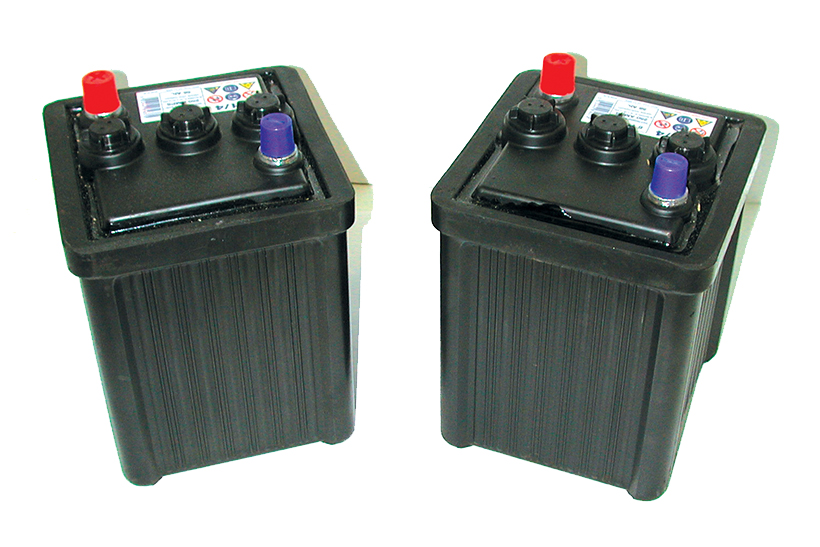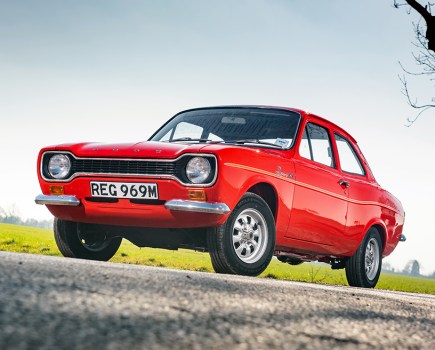Many of you will have seen the news items covering the despicable attacks on individuals where the weapon used was acid. In response, the government promised to tighten up the ease with which individuals can access acids.
The result is that from 1st July 2018 sulphuric acid solutions that have a weight in weight content exceeding 15% will now be a restricted substance. As battery electrolyte, commonly referred to as battery acid, contains more than 15% sulphuric acid, it is affected.
This means that individuals wishing to buy battery acid for lead acid batteries will no longer be able to legally do so unless they apply for and are granted an EPP Licence (Explosives Precursors and Poisons). These cost £39.50 and last for up to three years, but as well a the cost there is also a detailed application process that needs to be supported by a number of documents, along with a counter-signatory and in some cases a medical certificate.
This creates a significant barrier to the classic car owner whose classic car battery is not one of the mainstream ones that can be found in High Street motor shops. A classic example are the two six-volt batteries that are used in MGAs and chrome bumper MGBs. Until now, this market has been served by owners able to buy dry charged batteries via mail order or the internet, which are then shipped along with separate sealed containers of battery acid that the owner adds to the dry cells of his new battery to make it ready for use. Whilst the sale and shipping of dry charged batteries will continue to be legal, the supply of separate acid packs will not.
The realistic prospect of individual owners wishing to spend £39.50 to seek an EPP licence for the one off purchase of a dry charged battery and separate electrolyte is virtually nil. In addition, as battery life is usually more than three years, this licence would need to be renewed again for the next purchase. Therefore it is safe to assume that the current dry charged battery market will decline. This leaves classic car owners with the reduced options of either having to travel to their nearest supplier (which could be a considerable distance), or to consider converting to a modern and more widely available battery.
Chris Bentley of the MGOC Spares explained that whilst the legislation does not prohibit supply of wet lead acid batteries (ie those already filled with acid), the majority of specialist classic car batteries are of a type which are prohibited by courier companies for delivery. ‘Thankfully, the mail order supply of dry charged (un-filled) batteries is unaffected,’ he continued, ‘and the new regulations on supply of sulphuric acid above 15% by weight apply only to the general public, so business to business sales are unaffected.
When purchasing mail order specialist dry charged batteries, owners should make arrangements with their local workshop to fill with the correct battery acid. The new arrangements will ensure ongoing availability and at the same time rightly introduce regulation which safeguards the wider public.’
The government is aware that the inclusion of sulphuric acid into the regulated substances list will restrict many legitimate uses, and that this will inconvenience many people, but clearly the goal of reducing acid attacks has taken precedence, and rightly so. However, the new legislation doesn’t stop there as from 1st November 2018 it will become an offence for any unlicensed individual to hold any quantity of battery acid, so those who have small remaining quantities of battery acid from their last dry battery purchase will be committing an offence to keep or use it after that date. Note that acid which remains in a battery is not restricted, but empty it out for any reason and as soon as it becomes separated from the battery it is immediately a restricted item and it becomes an offence for any unlicensed individual to hold it.






